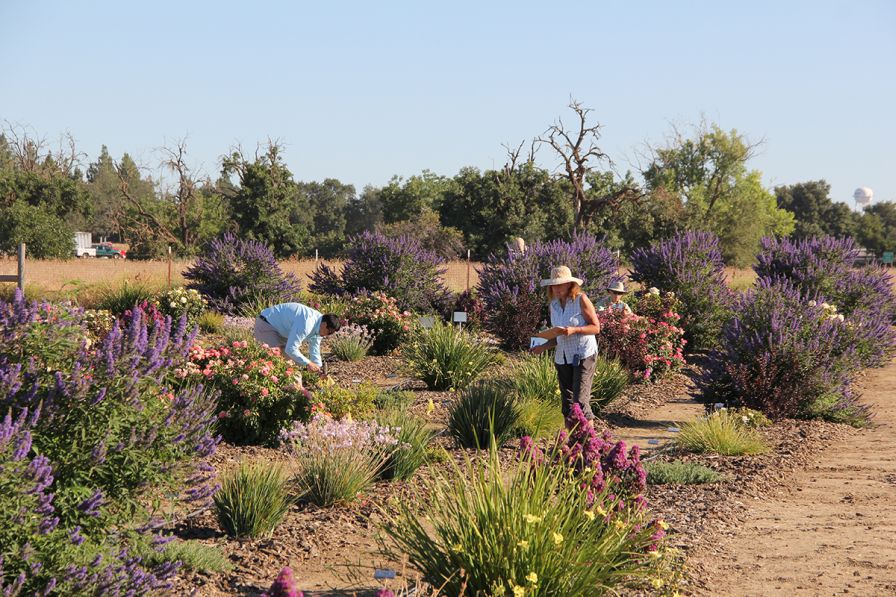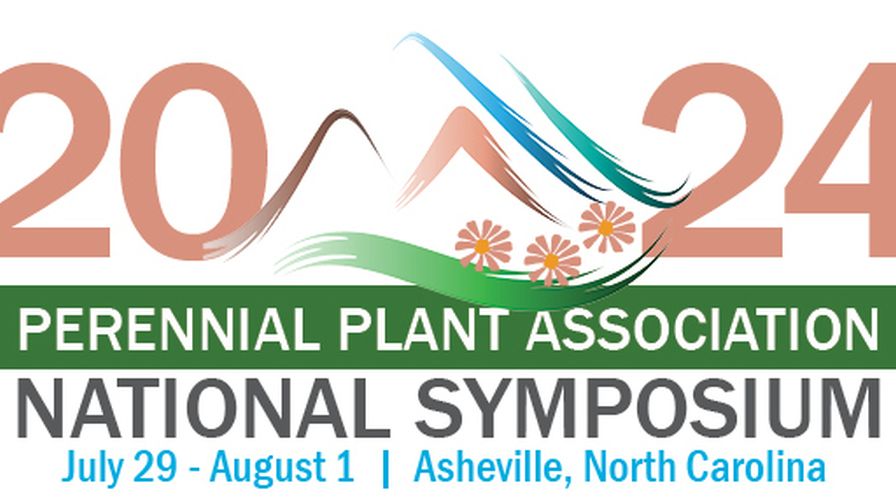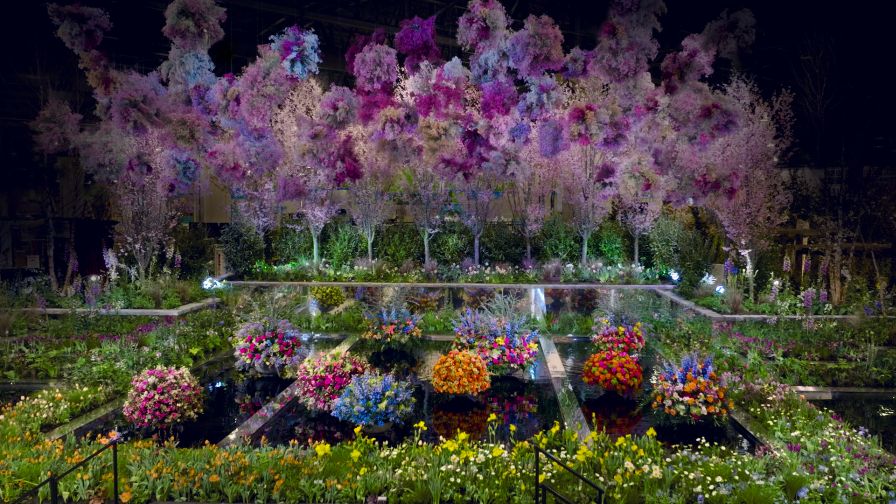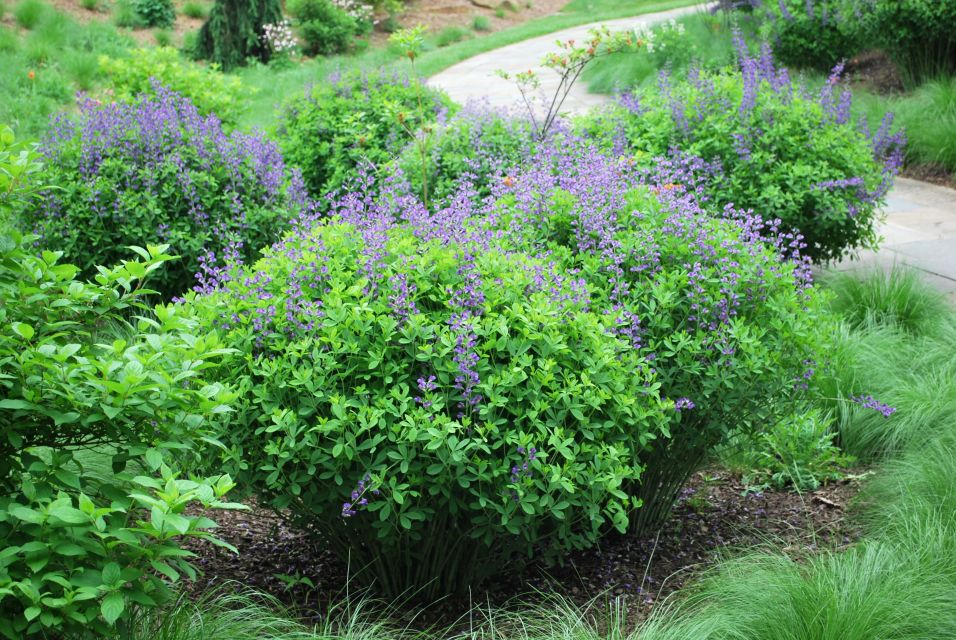AmericanHort Hemp Conference: Eight Takeaways

Hemp Industry Daily reporter Laura Drotleff (far left) moderated a grower panel at the Hemp Conference consisting of Hamilton Nelson/Square One Starts (middle left), Joe Hartsock/Hartsocks Horticulture (middle right), and Aaron Van Wingerden/Dutch Heritage Gardens and Royale Botanicals (far right).
If anything was apparent after attending AmericanHort’s July Hemp Conference, held back-to-back with Cultivate’21, it was that the hemp industry is not without its challenges, which is typical of an immature and still developing market. Everything from falling prices, lack of banking, and trouble finding processors and buyers to poor weather/natural disasters and difficulty with fundraising have given growers a few headaches over the last couple of years. And while many involved in the hemp industry are optimistic the market will recover from the difficulties it is currently experiencing, the oft-heard advice at the conference was “proceed with caution.”
Here are eight takeaways from the two-day event, which included several educational presentations and a tradeshow.
Do Not Grow Hemp Unless You Have a Buyer for It
Josh Schneider, Founder and CEO of Cultivaris, warned attendees during his presentation on opportunities for the greenhouse market to make sure they have a buyer for their hemp before they move ahead full throttle. The opportunities are there, he said, but only if you do the work to find them. He also cautioned potential hemp growers not to invest any more in hemp than they can afford to lose.
Hemp Growers Are Dropping Out Rapidly
Production numbers are down for hemp, and there are a lot of distressed hemp companies right now. The 100,000 acres planted in 2021 are down from 235,000 acres planted last year. Growers are saying there is too much hemp being produced and not enough being sold.
However, every newly developing industry has its ups and downs, said grower Aaron Van Wingerden, CEO/Founder of Dutch Heritage Gardens and Royale Botanicals, during a grower panel held on the last day of the Hemp Conference. Van Wingerden said he thinks the market will bounce back eventually, and as more extractors come online, there will be an increased demand for biomass.
Greenhouse Production Does Have a Place in the Hemp Market
As the market develops more and emerges on the other side of its growing pains, Schneider said more opportunities are coming for greenhouse growers in areas such as cannabinoid extracts, young plants, terpenes, juicing/microgreens, CBD, and seed production and breeding.
Water Matters to Hemp
Christopher Strunk, a Partner at Gordon Rees Scully Mansukhani LLP who presented at the Hemp Conference, said obtaining water rights for hemp properties is going to be critical going forward. Currently, there is no history of water use on newly acquired or repurposed land for hemp. No history of water use can create unforeseen legal issues.
Strunk also warned growers about other potential legal minefields, such as pesticide issues, transportation, export challenges, and employment laws.
Hemp Is More Than Just CBD
Conference presenters laid out many of the possibilities for hemp products that go beyond CBD production. Here are a few that Schneider mentioned:
- Hemp insulation and wool: A sustainable building materials company, Hempitechture, produces biobased hemp wool that is energy efficient and able to store heat. It is 92% hemp fiber and has a low carbon footprint. The company also makes hempcrete, a durable plant-based type of concrete that pulls CO2 out of the air as it cures. It is also fireproof and offers increased energy performance.
- Hemp wood: Hemp wood is an engineered wood product constructed from the fiber of the hemp plant. It can be used in place of wood particleboard. Companies such as Hempwood.com are also producing wood floors.
- Hemp paper: Hemp paper has the potential to be a renewable resource that one day replaces conventional paper made from trees. Hemp paper is made exclusively or to a large extent from pulp obtained from the fibers of industrial hemp.
- Food: Businesses such as Victory Hemp are already using hemp to create ingredients for plant-based, vegetarian, and vegan foods. Hemp is free of the first eight major allergens. It also has potential for use in the animal feed market.
Hemp for Food and Fiber Gaining Traction
Schneider said he is hearing more talk about hemp for food and fiber, such as tri-crop hemp, which are varietals selected to produce strong yields of fiber, grain, and CBD, giving growers three crops to sell at harvest time. Sales are growing for food and fiber. Schneider quoted statistics from the Hemp Industry Daily Factbook stating that hemp sales for food and fiber reached $392 million in 2020 and are expected to rise to $670 million in 2021.
Smokeable Hemp Still an Option for Greenhouse Growing
According to Hemp Industry Daily and Neilsen Research, smokeable hemp sales make up around 5% of the wider CBD market, and the average annual spend on smokable hemp products already exceeds the average spend on pipe tobacco and loose cigarette tobacco. Conference presenters pointed out that there are opportunities for greenhouse growers to produce smokeable hemp during their shoulder season of July to December. They could also potentially grow hemp clones from February to June. Van Wingerden warned that the smokeable hemp market is a finicky one, where people buy with their eyes and nose.
Use Your Head When It Comes to the Hemp
The biggest take-home from the Hemp Conference was to weigh the pros and cons of growing hemp before you commit to it. Determine your end goal for the crop and what you will do with your biomass after you sell. You also need to have a plan for harvesting, drying, and curing.
If you are determined to grow hemp, growers participating in the panel recommended growing a little bit to sell to show what you can do and then scaling up from there. They also suggest that you don’t blow your budget for production because you think you can sell hemp for a large amount of money. In short, be prudent.
Overall, presenters at the conference said they believe federal legalization of cannabis will help push the hemp industry further along as growers will be able to produce higher THC plants and legalization will allow for better manipulation of hemp plants. Federalization will also open the way for more research and funding as well as for hemp to be used as a medicinal plant.









